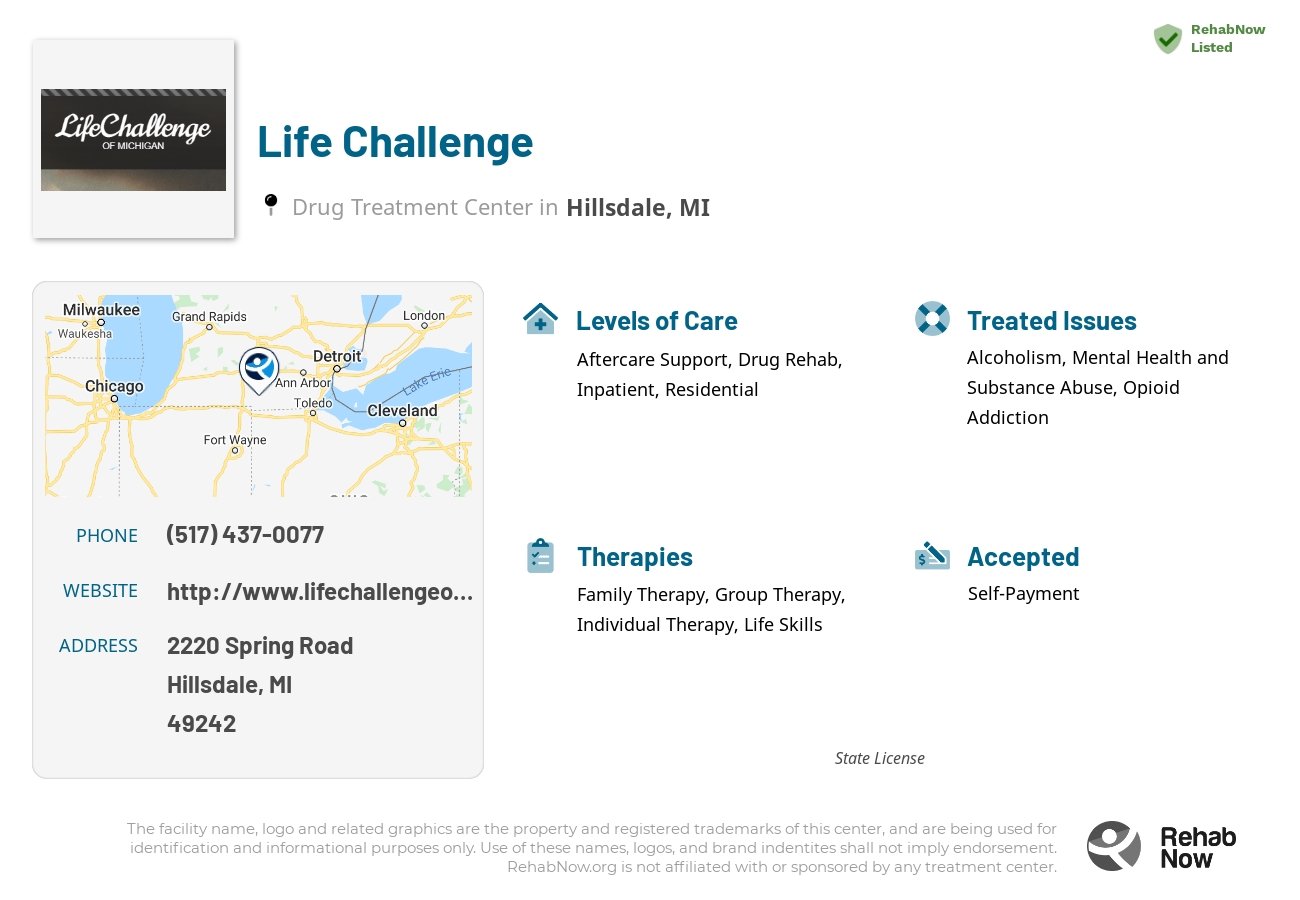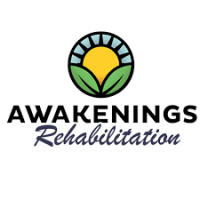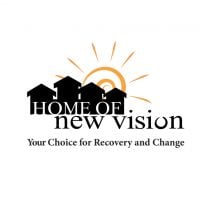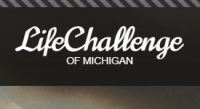
Life Challenge
Drug Rehab Center in Hillsdale, Michigan
- Opioid Addiction
- Dual Diagnosis
- Drug Addiction
- Alcoholism
Life Challenge is an established and respected addiction treatment facility in Hillsdale, Michigan that provides comprehensive care and support through evidence-based practices, including medical detox, residential and outpatient care, counseling, aftercare programs, and more.
About Life Challenge in Michigan
Life Challenge in Hillsdale, Michigan is an innovative and vital treatment facility that offers comprehensive addiction and substance abuse services. This facility has been operating since 1978 and is one of the most established and respected treatment centers in the region. It provides tailored, individualized care and support for people struggling with addiction and substance abuse through evidence-based practices, including cognitive behavioral therapy and various therapeutic approaches. Life Challenge seeks to help individuals break the cycle of addiction, empower recovery, and foster ongoing sobriety.
Life Challenge offers a variety of activities and services for individuals struggling with addiction and substance abuse. This includes medical detox, residential treatment, outpatient care, extended care, counseling, and case management options. In addition, Life Challenge also provides tools and resources to help their patients develop coping skills, create their own recovery action plan, and learn how to prevent relapse. The facility also offers education and prevention programs, as well as aftercare programs and alumni support.
Life Challenge is an accredited, licensed and award-winning facility and they have been recognized nationwide for their commitment to evidence-based addiction treatment and comprehensive care. They have been approved to provide services to Medicare and Medicaid recipients, and they are proud members of the Joint Commission and the National Association of Alcohol and Drug Addiction Counselors (NAADAC). Life Challenge also partners with local, county and state agencies to provide comprehensive wraparound services for individuals in need.
Genders
Ages
Modality
Additional
Accreditations
State License
Conditions and Issues Treated
Opioid addiction starts when a person becomes addicted to legal or illegal opioids. The addiction can happen quickly, in just a matter of days. Opioid withdrawal can be extremely uncomfortable and lead the user to continue to use even if they want to quit. Stopping using an opioid requires medical observation. Sometimes inpatient treatment with a medically supervised detox is necessary for managing the withdrawal process while learning lasting tools for maintaining recovery. Medications may be used in some cases of opioid addiction.
Opioid addiction is one of Michigan‘s most prominent forms of addiction. It’s treated by detoxifying the body so that the chemicals from the medications no longer impact them and by therapies to correct behavior and target the root of the problem.
Levels of Care Offered
This center offers a variety of custom treatment tailored to individual recovery. Currently available are Aftercare Support, Drug Rehab, Inpatient, Residential, with additional therapies available as listed below.
Individuals who are suffering from severe addiction or have a high risk for dangerous health concerns are often recommended to receive inpatient treatment.
Choosing to enter an inpatient treatment program is beneficial for people who are suffering from severe addiction, or who have a high risk for dangerous health concerns.
Inpatient treatment is beneficial for:
- People who have a history of severe withdrawal.
- People who have attempted to overcome addiction on their own without success.
- People who have a history of relapse, or have recently relapsed.
- People at risk for drug overdose or withdrawal-related complications.
- People with medical conditions that are worsened by drug or alcohol use.
Residential treatment programs are those that offer housing and meals in addition to substance abuse treatment. Rehab facilities that offer residential treatment allow patients to focus solely on recovery, in an environment totally separate from their lives. Some rehab centers specialize in short-term residential treatment (a few days to a week or two), while others solely provide treatment on a long-term basis (several weeks to months). Some offer both, and tailor treatment to the patient’s individual requirements.
Aftercare support should take place after outpatient treatment has ended. There are a few different types of aftercare support that patients can seek. These include 12 Step, Self-help groups (AA, NA), Therapeutic communities, Long-term, structured sober living arrangements, and Halfway houses (residential treatment centers).
Therapies & Programs
Individual therapy involves one-on-one sessions between the patient and therapist. It provides patients with a safe environment to openly discuss personal and sensitive issues with the therapist. They find the therapist as someone they can trust. Individual therapy aims to identify the core issues that would have led the patient to substance abuse and address them effectively. The therapist can develop patient-specific customized solutions through individual therapy, which aids speedier recovery.
Family therapy is a group problem-solving that aims to improve communication and relationships between the addict, their family, and sometimes friends. The main goal of family therapy for drug addiction is to create an environment where communication can occur without judgment, hostility, or blame. The therapist is with the family as they learn to communicate differently, especially with the addict when s/he is using. The family can learn to reduce their enabling behavior or rally together and support each other during tough times.
An addict’s family can play a vital part in helping them to avoid relapse because they can spot the warning signs and help them get back on track before it becomes too much of a problem. Family therapy is one of the most effective ways to help addicts stay on the path to long-term sobriety. When a drug addict decides that they want to try and get sober, it takes the support of every person they love to succeed. It can be incredibly difficult for loved ones to watch an addict go through the pain and suffering of withdrawal, but by being there with them and supporting them, they can help to make sure that the addiction never returns.
Groups typically involve meetings with other recovering addicts who can relate to one another’s experiences. They might meet in person or online and typically focus on the process of staying sober rather than overcoming a specific addiction.
In these groups managed by Life Challenge, addicts can build a sense of community and develop strong emotional connections with others who understand what they are going through. These beneficial relationships can help addicts overcome their cravings and prevent relapse at any point during the recovery process.
Since addiction is a chronic physical and mental illness, addicts need to learn as many life skills as possible. Many drug treatment centers offer life skills activities as part of their addiction recovery programs. Examples include cooking classes, employment training, resume writing seminars, parenting classes, and computer training. Life skills activities help addicts find employment, take care of their families, and give back to the community.
Payment Options Accepted
For specific insurance or payment methods please contact us.
Additional Details
Specifics, location, and helpful extra information.
Hillsdale, Michigan 49242 Phone Number(517) 437-0077 Meta DetailsUpdated November 25, 2023
Staff Verified
Life Challenge Patient Reviews
There are no reviews yet. Be the first one to write one.
Hillsdale, Michigan Addiction Information
Michigan has the second-highest rate of drug and alcohol abuse in the nation. Heroin is linked to more than 50% of the state's hepatitis C cases. Marijuana is the drug most often associated with crimes in Michigan, followed by methamphetamines. Opioids alone are responsible for almost 20% of all drug overdose deaths in Michigan.
In Hillsdale, MI, there were 562 drug-related deaths between 2011 and 2014. About 7% of the population is addicted to drugs or alcohol. The most commonly abused substances include heroin, cocaine, methamphetamines, and prescription painkillers. There are a variety of options for rehabilitation in Hillsdale, Michigan. Some popular treatments include inpatient rehab, outpatient rehab, and 12-step programs.
Treatment in Nearby Cities
- Ionia, MI (76.7 mi.)
- Northville, MI (69.6 mi.)
- Plainwell, MI (62.3 mi.)
- Bad Axe, MI (154.7 mi.)
- Holly, MI (79.9 mi.)
Centers near Life Challenge

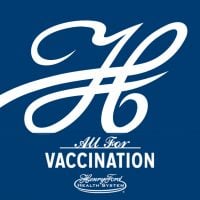
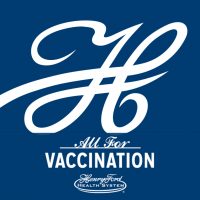
The facility name, logo and brand are the property and registered trademarks of Life Challenge, and are being used for identification and informational purposes only. Use of these names, logos and brands shall not imply endorsement. RehabNow.org is not affiliated with or sponsored by Life Challenge.


